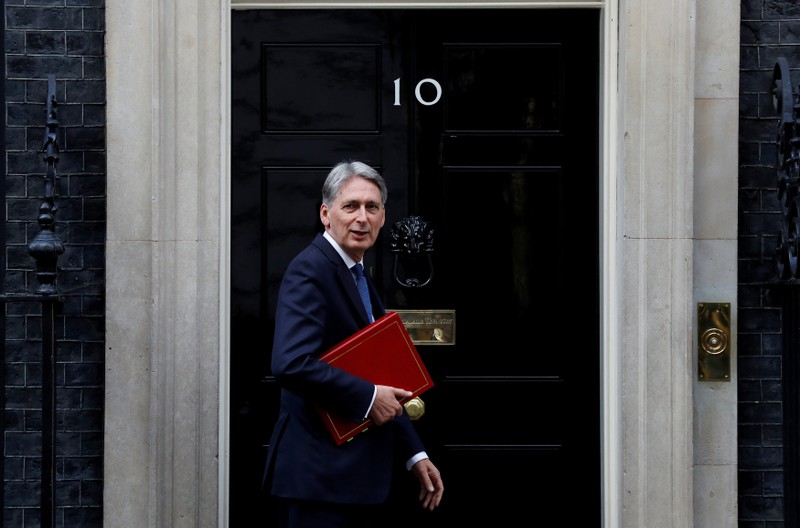





Russia again vetoed a U.N. resolution Friday that would extend the mandate of the expert body charged with determining responsibility for chemical weapons attacks in Syria, dooming its operation and making it exceedingly difficult to hold anyone accountable for the deaths of hundreds of civilians.
It was Russia’s second veto in 24 hours of a resolution to keep the Joint Investigative Mechanism, or JIM, in operation. And it was Russia’s 11th veto of a Security Council resolution dealing with Syria, its close ally.
Russia cast its latest veto Friday night on a last-ditch resolution by Japan to extend the mandate for 30 days for further discussions. It was supported by 12 of the 15 council members, Bolivia joining Russia in voting “no” and China abstaining.
The first Russian veto on a U.S.-sponsored resolution, and Russia’s failure to get the minimum nine “yes” votes on its rival resolution during a highly contentious three-hour council meeting Thursday, reflected the deterioration of U.S.-Russian relations.
U.S. Ambassador Nikki Haley told the council after the vote that the veto “shows us that Russia has no interest in finding common ground with the rest of this council to save the JIM.”
“Russia will not agree to any mechanism that might shine a spotlight on the use of chemical weapons by its ally, the Syrian regime,” she said. “It’s as simple and sinful as that.”
During closed council discussions on the Japanese draft that began Friday morning, Russia’s deputy U.N. ambassador Vladimir Safronkov opposed the measure while Haley and many other council members supported it, the diplomats said, speaking on condition of anonymity because the meeting was private.
So the Russian veto was no surprise.
At the heart of the dispute is the demand by Russia for major changes in the way the JIM operates, and the United States’ insistence that the current mandate be extended and the JIM’s independence be preserved.
Russia has been highly critical of the JIM’s findings that the Syrian government used chlorine gas in at least two attacks in 2014 and 2015 and used sarin in an aerial attack on Khan Sheikhoun last April 4 that killed about 100 people and affected about 200 others who survived the nerve agent.
Syria has denied any use of chemical weapons, while Russia has accused the JIM of using faulty methods to determine that President Bashar Assad’s government was to blame for the attacks, including not visiting Khan Sheikhoun.
Sweden’s U.N. Ambassador Olof Skoog asked for new Security Council consultations after the vote to see if there was any way of salvaging the JIM. Italy’s U.N. Ambassador Sebastiano Cardi, the council president, agreed and members went into a meeting behind closed doors.
But chances of any agreement were very slim.
The JIM is a joint investigative body of the U.N. and the international chemical weapons watchdog, the Organization for the Prohibition of Chemical Weapons or OPCW.
The Japanese draft asked Secretary-General Antonio Guterres and the head of the OPCW to submit proposals for the structure and working methods of the JIM within 20 days. It says the proposals should reflect the views of Security Council members.
But Mikhail Ulyanov, head of the Russian Foreign Ministry’s arms control and non-proliferation department, told the state RIA Novosti news agency on Friday that the Japanese resolution “sets a task that can’t be fulfilled.”
He asked how the secretary-general and OPCW chief can come up with proposals “if the opinions are opposite?”
“We shouldn’t put the secretary-general in an awkward position,” Ulyanov said. Security Council “members should hold consultations themselves, and we are ready for it.”
———
Associated Press writer Vladimir Isachenkov contributed to this report from Moscow

